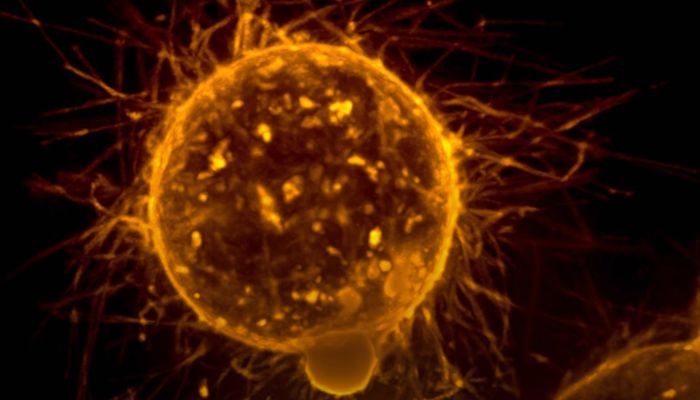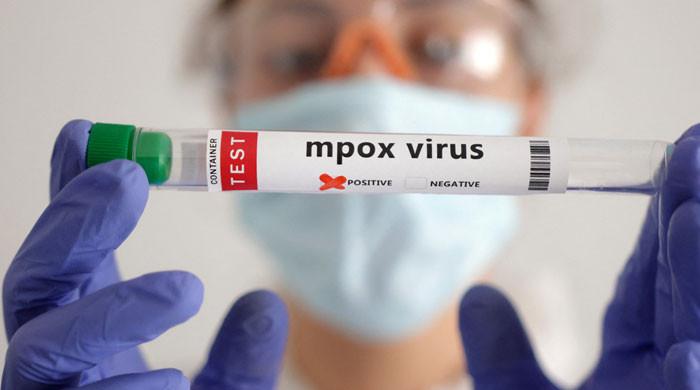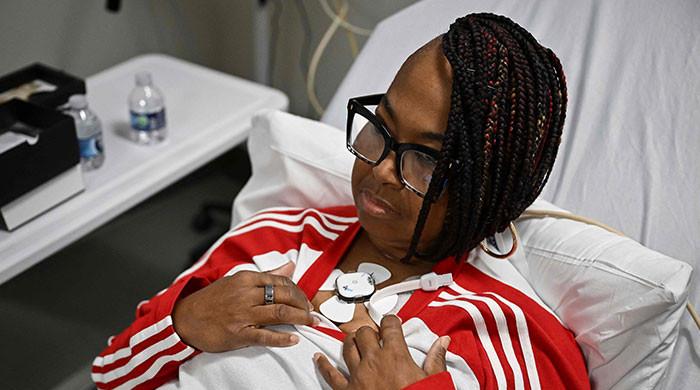Researchers discover new prognostic marker to identify gastric cancer recurrence risk
AF1Q appears as gene that can be included in "diagnostic process" of cancers, say researchers
July 30, 2024

A prognostic marker that can be used for identifying patients with a high risk of tumour recurrence has been investigated by a research team led by MedUni Vienna for curing gastric cancer.
Personalised treatment for stomach cancer can be improved by the study’s results. Moreover, it increases the chances of survival for those affected. The results have been published in the journal “Scientific Reports”.
The research team under the leadership of Elisabeth Gruber from Department of General Surgery and Lukas Kenner from Department of Pathology focused on AF1Q in their analyses of tumour samples from 182 patients, who underwent surgery for gastric cancer at MedUni Veinna/University Hospital Vienna.
AF1Q is a gene that was found initially in connection with blood cancers like leukemia. Additionally, it is now known for its influence on various cellular processes contributing to the development and spread of cancer in medical research, reported News Medical.
"The role of AF1Q in gastric cancer has been largely unexplored to date," said Gruber, describing the initial situation.
"Our results justify including AF1Q in the diagnostic process," adds Kenner.
According to the researchers, when examining tissue samples from the tumour to identify an increased risk of recurrence at an early stage, the newly identified marker could be considered.











